Best Foods for Gastric Ulcer Relief
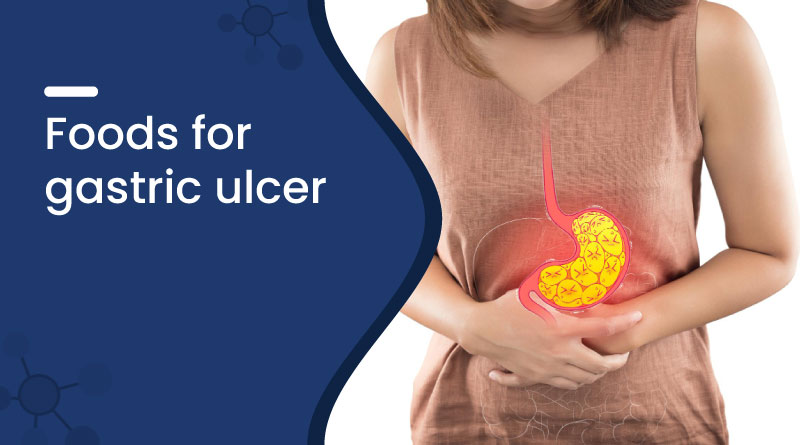

Gastric ulcers can be uncomfortable and sometimes quite painful, but the right foods can play a significant role in soothing your symptoms and speeding up healing. While medications are often prescribed for ulcer treatment, the right nutrition not only speeds up recovery but also helps prevent ulcers from returning. In this blog, you will learn what gastric ulcers are, the causes, what food items to have, and what to avoid.
What Is a Gastric Ulcer?
Stomach ulcers, medically known as gastric ulcers, are lesions that appear on the inner stomach wall. It happens when the protective mucus layer that shields your stomach from acids gets weakened, allowing acid to damage the tissues underneath.
What Causes Gastric Ulcers?
Gastric ulcers are usually caused by:
- Helicobacter pylori (H. pylori) infection
- Overuse of non-steroidal anti-inflammatory drugs (NSAIDs) like ibuprofen or aspirin
- Smoking and alcohol consumption
- Stress and spicy foods (though not direct causes, they can worsen symptoms)
- Irregular eating habits
Signs and Symptoms of Gastric Ulcers
Common symptoms include:
- Burning stomach pain, especially on an empty stomach
- Bloating or a feeling of fullness
- Nausea or vomiting
- Indigestion
- Unexplained weight loss
- In serious cases, symptoms may include vomiting blood or passing black, tarry stools.
Foods That Help Soothe Gastric Ulcers
Eating the right foods can help reduce stomach acid, protect the stomach lining, and promote healing.
- Bananas: High in fiber and gentle on the stomach, they help to reduce acidity and create a soothing barrier along the stomach lining.
- Yogurt: Contains probiotics (good bacteria) that may help fight H. pylori infection and maintain gut health.
- Oats: A bland, high-fiber food that promotes digestion and minimizes irritation.
- Buttermilk: This traditional drink, with a pinch of asafoetida (hing), can soothe the stomach and improve digestion.
- Coconut Water: Provides hydration and cooling to the stomach and also reduces acidity as well as inflammation.
- Leafy Greens (like spinach or kale): Packed with vitamins A and C, these promote tissue repair and reduce inflammation.
- Turmeric: Contains curcumin, known for its anti-inflammatory and anti-bacterial properties, which may support healing of the ulcer lining.
- Honey: Has natural antibacterial properties that may help combat H. pylori bacteria and soothe the stomach lining.
- Cabbage Juice: It is packed with healing nutrients like glutamine and vitamin U, and can aid in repairing ulcer-damaged tissues.
- Garlic (in moderation): May help fight H. pylori, but should be consumed cautiously if it worsens symptoms.
- Aloe Vera Juice: Aloe vera reduces inflammation and can soothe irritation in the digestive tract.
Foods That Worsen Gastric Ulcers
Some foods and drinks can irritate the stomach and delay healing.
- Spicy foods: Chillies, peppers, and strong masalas
- Caffeinated drinks: Coffee, strong tea, and cola
- Citrus fruits: Oranges, lemons, and grapefruits may contribute to increased acid levels in the stomach.
- Alcohol: Damages the stomach lining
- Fried and fatty foods: Trigger acid production and slow digestion
- Processed and salty foods: Can delay the healing process of stomach ulcers.
Other Tips to Manage Gastric Ulcers Naturally
- Eat small and frequent meals instead of heavy ones
- Avoid lying down immediately after eating
- Practice stress-reducing activities like yoga or meditation
- Drink plenty of water to aid digestion
- Avoid smoking and limit alcohol completely
Conclusion
Gastric ulcers can be managed effectively with the right dietary changes and lifestyle habits. Including stomach-friendly foods like bananas, yogurt, and green vegetables, while avoiding irritants such as spicy and fried foods, can significantly improve your symptoms. Indian home remedies like mulethi tea and buttermilk can also offer gentle, natural relief. However, if symptoms persist or worsen, always consult a healthcare professional for proper treatment.
Frequently Asked Questions (FAQs)
Q. Can gastric ulcers be cured completely with food?
A. Food can significantly help in managing symptoms and supporting healing, but it should be combined with medical treatment if needed.
Q. How much time is needed for a gastric ulcer to fully heal?
A. Ulcers often improve and heal within 4 to 8 weeks when the right medical and dietary measures are taken.
Q. Is milk good for gastric ulcers?
A. Cold milk may provide temporary relief, but excessive consumption can actually increase acid production.
Q. Are gastric ulcers dangerous?
A. Without proper treatment, ulcers may lead to risks like bleeding, infection, or a hole in the stomach wall. Timely treatment is important.
Q. Can I eat spicy food if I have a gastric ulcer?
A. It’s best to avoid spicy foods as they can irritate the ulcer and trigger symptoms like burning or pain.
Q. Can gastric ulcers come back after healing?
A. Yes, especially if the underlying causes are not addressed. Long-term lifestyle and dietary changes are key to prevention.
Alpha Amylase + Fungal Diastase
Saunf (Foeniculum Vulgare) 1800mg, Jeera...

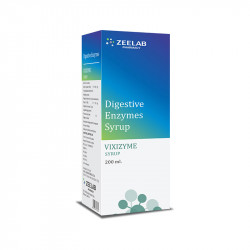
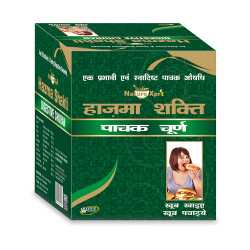


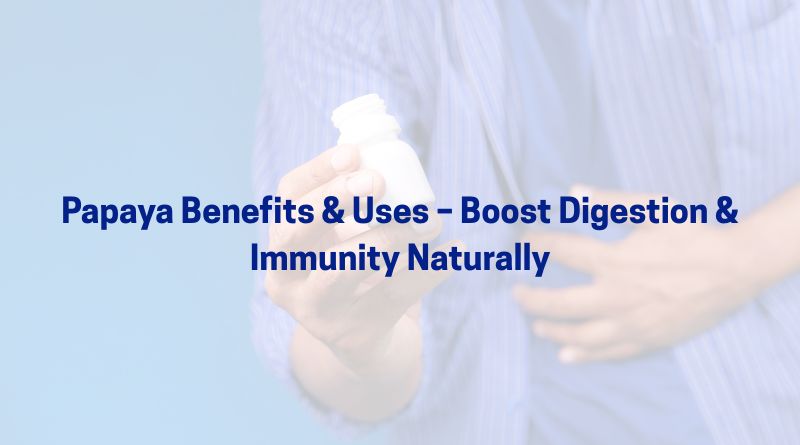

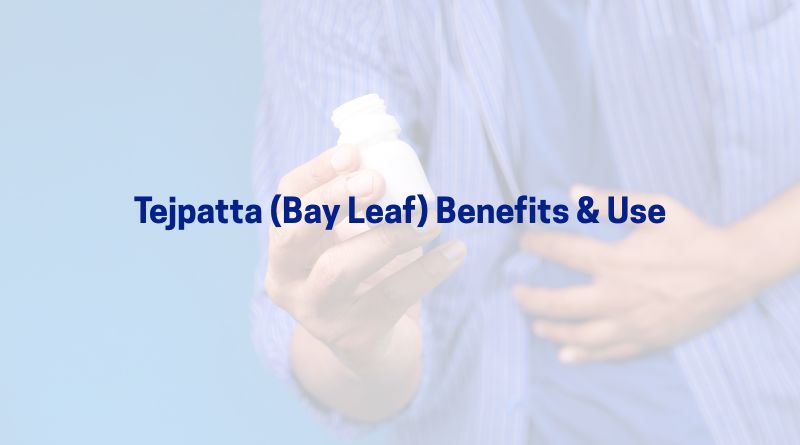


 Added!
Added!